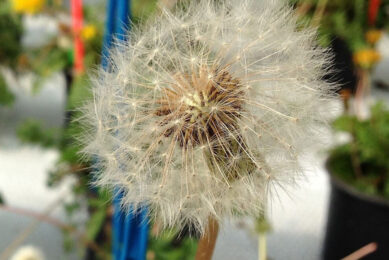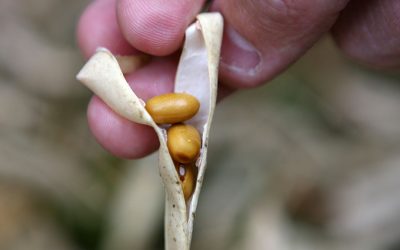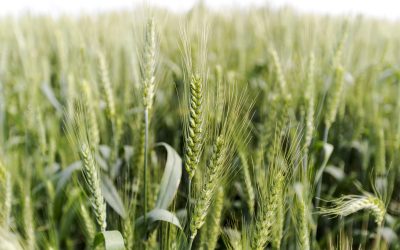Inactivating genes to boost crop diversity

French researchers managed to switch off a gene in crops, which resulted in an increased diversity of the plant. This work is important for future plant breeding.
Recombination is a natural mechanism common to all organisms that reproduce sexually: plants, fungi or animals. The chromosome mix determines the genetic diversity of species. Plant breeding has practised this technique for many years, to create new crop varieties for example that are better tasting or are pest- or disease-resistant.
So limits the number of recombinations?
However, this is a lengthy process for plant breeders, as very few recombinations occur during reproduction. On average, there are just 1-3 genetic material crossover points between the chromosomes for every cross. It is therefore impossible to combine 6 worthwhile genes in a single generation, which is a major obstacle to crop improvement. So what is it that limits the number of recombinations? To find out, researchers from the French research institute INRA identified and studied the genes involved in controlling recombination in a model plant, Arabidopsis thaliana.
Also read: 2019: The year of resilience
Increase the recombination frequency
They discovered that 1 gene, RECQ4, is particularly effective in the preventing of crossing-over. To such an extent that inactivating it will increase the recombination frequency by 2 fold to 4 fold. But what is the effect on this for the crops itself? A consortium involving INRA and CIRAD (a French research centre working with developing countries to tackle international agricultural and development issues) researchers therefore examined 3 agriculturally valuable species: pea, tomato and rice. And they succeeded. By “switching off” RECQ4, they trebled, on average, the number of crossovers, resulting in greater chromosome shuffling, hence increased diversity, with each generation. This work is important for future plant breeding operations at CIRAD and INRA.
Source: Eurekalert











